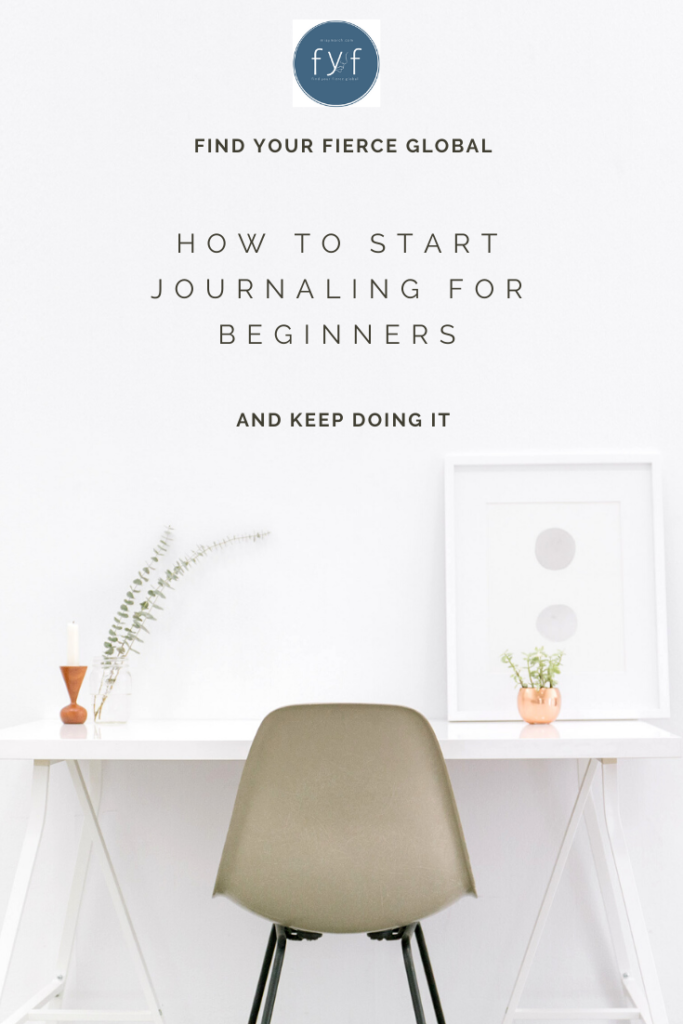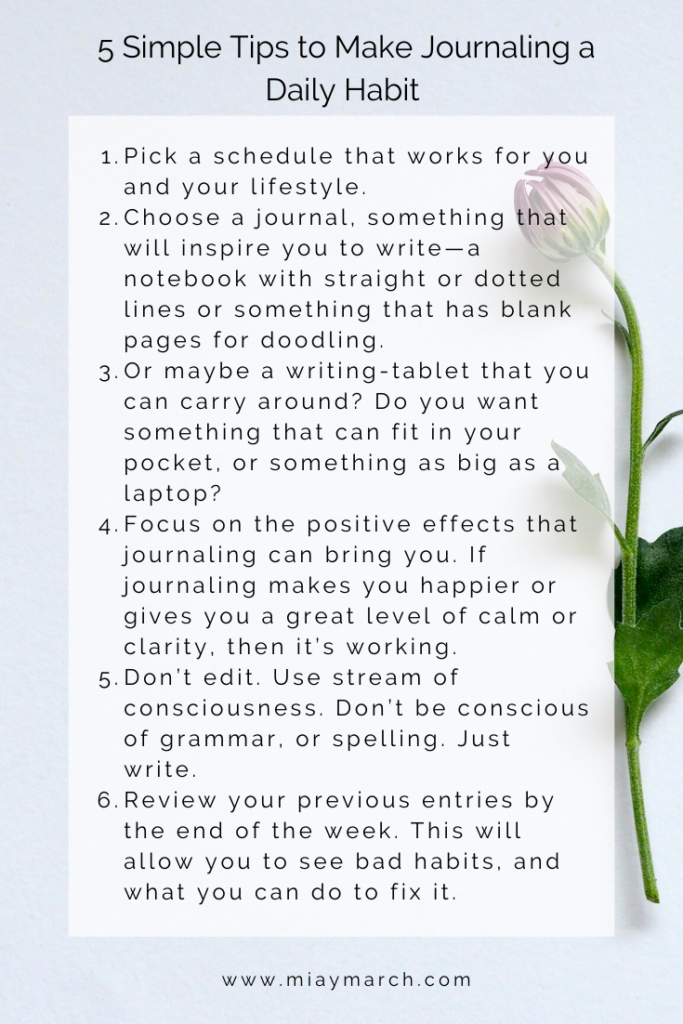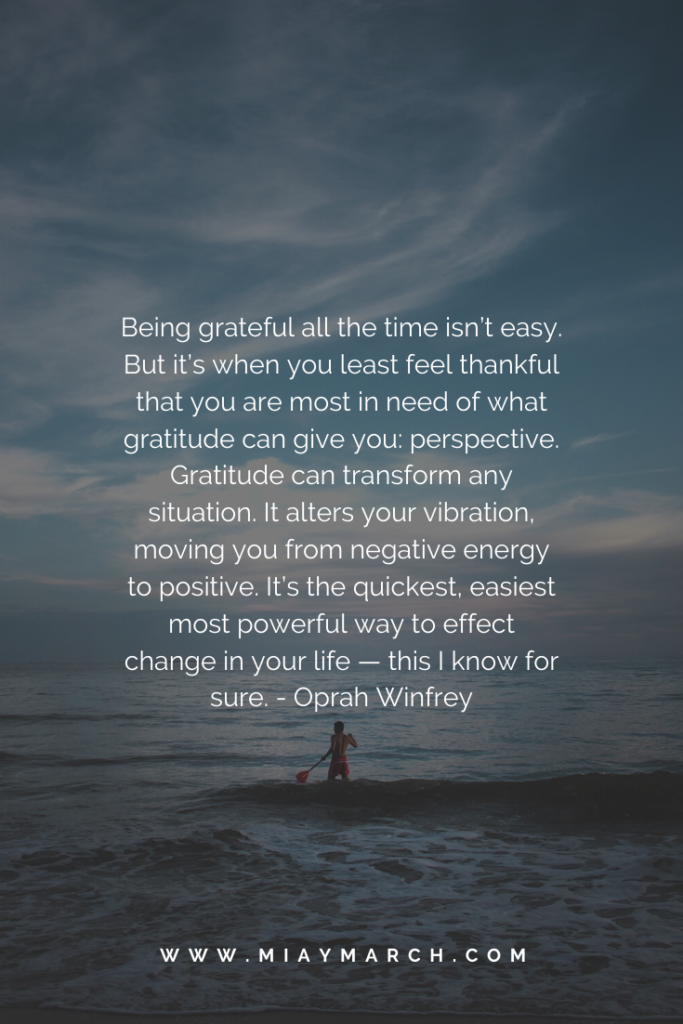Are you ready to claim your Starbucks 2020 Planner and start journaling? Is this your first time journaling and you have no idea where and how to begin? Have you scoured the internet regarding topics about journaling for beginners, and yet you haven’t found the information you’re looking for?
Hold on, I’m not really a journal kind of person. Why do I need to keep one?
I don’t have the time to write every day.
What will I write
Starting a journal is exciting, but I’m afraid I’ll get tired of doing it.and just give up
Don’t worry, here at Find Your Fierce Global, we support our ladies (and gents) in activities that will help you fierce your mind and body. Our coaches swear by the power of journaling. So, if you haven’t fully decided yet, here are easy and practical tips on journaling for beginners.

What is a journal, and why you need to keep one?
A journal is a personal account of a person’s feelings, thoughts, and observations.
But, why keep one? Here are 5 great reasons:
- Helps calm our mind
- Keeps negativity away
- Allows us to be creative
- Changes the way we see life in general
- Helps us sleep better
Now that we have listed the 5 reasons why it’s a good idea to start one, it’s time to know how to keep doing it.
Did you know that the positive effects of journaling for beginners cannot be achieved if we just do it for a short period? Consistency is key. So how do we push ourselves to keep going? Here are 5 tips to make this a daily habit:
- Pick a schedule that works for you and your lifestyle
- Choose a journal, something that will inspire you to write—a notebook with straight or dotted lines or something that has blank pages for doodling. If you are a fan of Starbuck’s planners or other brands, go for it.
- Or maybe writing-tablet that you can carry around? Do you want something that can fit in your pocket, or something as big as your laptop?
- Focus on the positive effects that journaling can bring you. If journaling makes you happier or gives you a great level of calm or clarity, then it’s working.
- Don’t edit. Use the stream of consciousness writing. Don’t be conscious of grammar, or spelling, just write.
- Review your previous entries by the end of the week. You will notice your progress and feel happy about it.

Common types of journaling for beginners
1. Gratitude journaling
Gratitude Journaling is a diary of positive things which helps us focus on being grateful and thankful.
Here are gratitude journaling prompts that you can use throughout the year
- List 5 things that made you smile today
- What music are you listening to? Why?
- Who inspired you today?
- What are you putting off that you finally did today?
- What is your wish that came true?

2. Mood Journaling
A mood journal is not just any kind of journal. It is a way to record your daily emotions and take action around what you feel. Therefore, it is a great way to get in touch with yourself and to know yourself more. Which is the whole point of mood journaling, right?
If you keep track of your emotions, you will notice things, people, and places that trigger both positive and negative vibes. Therefore, you will be able to watch patterns and signs so you can work with or work on them.
So, if you haven’t started mood journaling, here are examples of things you can include.
- Sleep hours – Sleep affects our appetite, our reflexes, and how effectively we deal with stress. Therefore, by keeping track of sleep patterns over a span of time, we can predict fragile moods and work to get ourselves back in balance.
- Menstrual cycle – Even if you’re experiencing mild symptoms, it’s good to know when to expect them so you can get a remedy.
- Pain levels – aside from using the scale of 1 to 10, with 10 being extremely painful, you can draw emojis, or use color codes.
- Mood description– Bosses are unfair; children throw tantrums; in-laws push buttons; ailing mothers demand your time. Record triggers and significant events to make sense of your change of mood.
- Medications – take note of how you react to the medicines you take and it’s side effects.
- Breathing – your breathing patterns change dramatically as your mood changes. Be mindful of how you breathe when you are happy, anxious, excited or stressed.

Because really, it is a matter of choice.
Choose to be happy, and you will be.
If we choose to dwell on sadness, you will be.
Be satisfied, and you will be.
There are many ways to deal with your emotions.
At the end of the day, we are entitled to how we feel
And why we want to feel it.
3. Productivity Journaling
Productivity journaling is similar to a to-do list. It allows you to have an aerial view of where you are now in your life, which paves the way for personal development.
Productivity journaling helps you
- Get closer to your objectives
- Understand your goals better
- Helps eliminate mind clutters
- Organize time and tasks
- Reflect on becoming your best self
How many times have ideas popped in and out of your head before you had the chance to get them?
Are you overwhelmed with how to process your thoughts?
Want to improve mental clarity?
If you’re experiencing any of these, it’s about time you start a productivity journal. In addition, here are more reasons why you should be:
- It’s a safe place to process and clear the air
- It strengthens the mind to make better decisions
- It helps you prioritize
- Engages mindfulness
- Eliminates chaos
4. Food Journaling
Food journaling is a tool for self-discovery. Therefore, it allows you to research about your relationship with food and possible insights on how you can eat better.
Food journaling helps you with
- Weight loss
- Detecting food tolerances
- Portion control
- Better nutrition
- Identify what triggers unhealthy eating
In addition, here are food journaling ideas you can do
- Log the foods you eat as soon as you can
- Indicate where you’re eating
- What do you feel before and after eating
- Write how much you spent on your meal
- Be honest
We all know that starting a new habit can be a challenge. That includes writing a journal.
So let us dive into the positive effects it can do to us, rather than the not so good ones.
- Food journaling is not a punishment. It’s self-discovery
- The details you put in your food journal will help you learn about your mindbody connection in your dietary habits
- This allows you to develop a strong strategy to help you eat well

Conclusion:
Journaling for beginners can be an exciting habit, but difficult to keep doing. Therefore, as creatures of habit, we stick to things that work for us. If not, we move on to the next. In conclusion, we hope that these journaling tips will help you decide.
Need help deciding? You can join our Facebook group, choose which type of journal you’d like to start with and find an accountability partner inside the group. So far, we have discussed:
- Gratitude Journaling
- Mood Journaling
- Productivity Journaling
- Food Journaling
We’re just getting started. Find out more about our mindbody connection and discover effective ways to fierce our minds, renew, and rejuvenate. You can start by booking a free 30-minute FREE session with Coach Mia and Coach Bunny.
